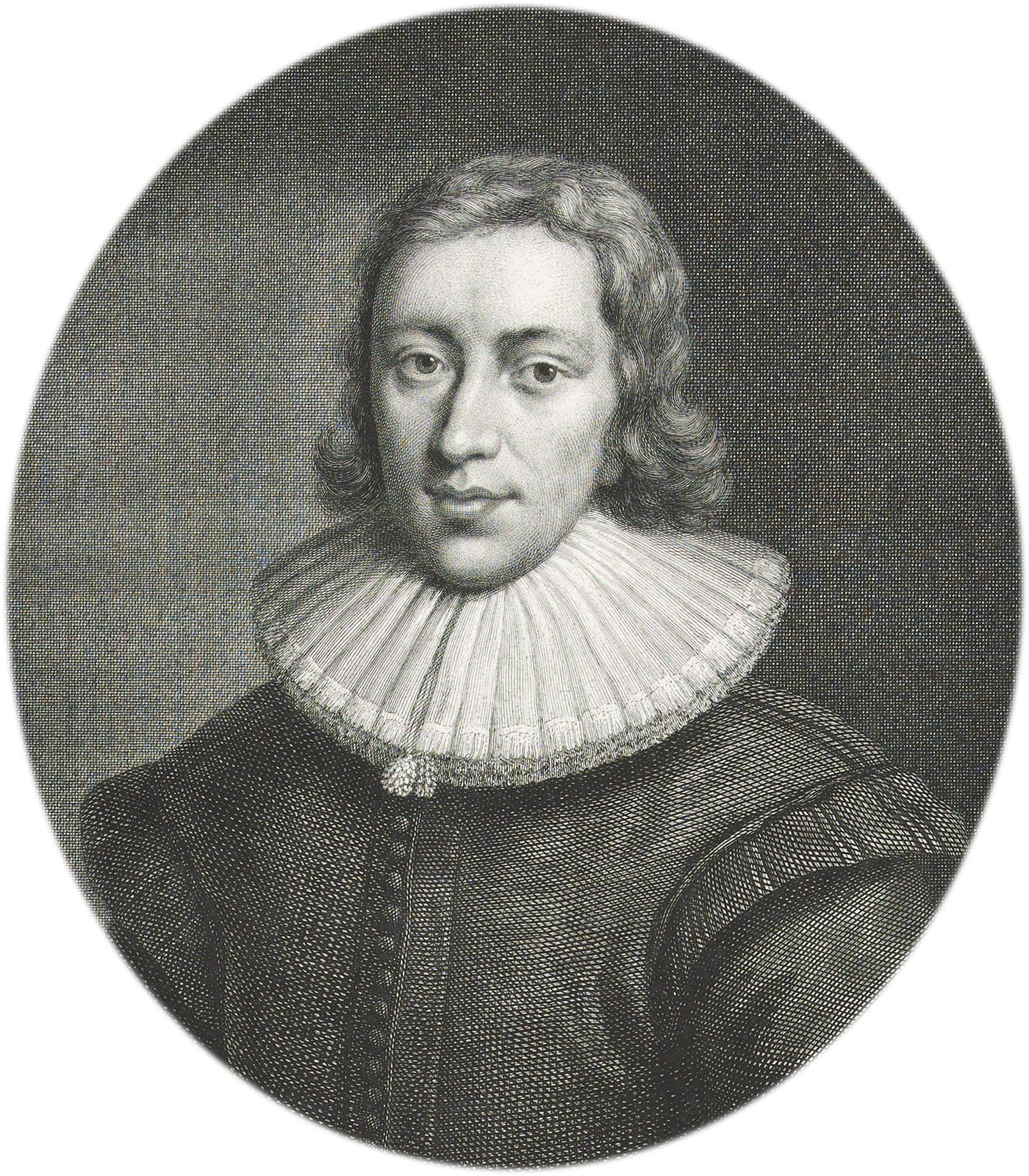John Milton (1608-1674) stands as a monumental figure in English literature, often considered second only to Shakespeare in stature. His profound impact resonates through his epic poetry, most notably Paradise Lost, a cornerstone of English literary tradition and a work of unparalleled scope and ambition. Beyond his poetic genius, John Milton was a passionate advocate for political and religious liberty, a stance that permeated both his prose and verse, influencing generations and solidifying his place as a literary and intellectual giant.
The Formative Years: Education and Early Influences
Born in London on December 9, 1608, John Milton‘s upbringing was steeped in both religious conviction and intellectual pursuit. His father, a prosperous scrivener and composer, ensured young Milton received a comprehensive education, nurturing his precocious talent for languages and literature. Milton’s early education at St. Paul’s School exposed him to classical languages and literature, laying the foundation for his later mastery of poetic form and his deep engagement with classical themes. This period was crucial in shaping John Milton‘s intellectual landscape, immersing him in the works of the ancients and fostering a love for learning that would define his life.
 Engraving of John Milton by Jacob Houbraken, 1741, showcasing the poet in a contemplative pose.
Engraving of John Milton by Jacob Houbraken, 1741, showcasing the poet in a contemplative pose.
From St. Paul’s, John Milton progressed to Christ’s College, Cambridge in 1625, initially intending to enter the ministry. However, his independent spirit and burgeoning Puritan beliefs led him down a different path. While at Cambridge, despite some periods of discontent and clashes with the prevailing scholastic environment, Milton excelled academically, honing his skills in rhetoric and logic. His dissatisfaction with the rigid dogma of Cambridge and the perceived inadequacies of future ministers may have contributed to his decision to forgo a career in the Church, instead dedicating himself to literary and intellectual pursuits.
Continental Sojourn and Intellectual Growth
Following seven years at Cambridge, John Milton embarked on a transformative journey across Europe in 1638. This grand tour, particularly his extended stay in Italy, proved pivotal in broadening his horizons and immersing him in the vibrant intellectual and artistic culture of the continent. Florence held a particular allure for Milton, where he engaged with local literati, finding kindred spirits in their shared humanist interests. This period of intellectual exchange and cultural immersion profoundly enriched John Milton‘s perspective and further solidified his commitment to literary excellence.
A highlight of his Italian sojourn was a meeting with the renowned astronomer Galileo Galilei, who was then under house arrest. This encounter with a scientific revolutionary left a lasting impression on John Milton, later reflected in his works. The news of impending civil unrest in England prompted Milton’s return, cutting short his planned travels but redirecting his energies towards the tumultuous political and religious landscape of his homeland.
Milton’s Literary and Political Engagements
Upon returning to England, John Milton plunged into the heart of the nation’s burgeoning political and religious debates. He established himself as a writer and polemicist, passionately advocating for causes he believed in. His prose works, including Areopagitica, a powerful defense of freedom of the press, showcased his unwavering commitment to liberty and his eloquent command of language. John Milton became a prominent voice of the English Commonwealth, serving as Secretary for Foreign Tongues and defending the government’s actions through his writings.
Despite his significant contributions to political discourse, John Milton‘s enduring legacy rests primarily on his poetic achievements. Paradise Lost, Paradise Regained, and Samson Agonistes are considered masterpieces of English literature, demonstrating his unparalleled poetic skill, theological depth, and ability to weave complex narratives. Paradise Lost, in particular, is celebrated as one of the greatest epic poems in the English language, exploring themes of creation, fall, redemption, and the eternal struggle between good and evil.
Legacy and Enduring Influence of John Milton
John Milton‘s influence extends far beyond his literary accomplishments. His unwavering advocacy for liberty of conscience, freedom of speech, and republican ideals resonated through the Enlightenment and inspired revolutionary movements in America and France. His works continue to be studied and celebrated for their profound insights into human nature, political philosophy, and religious faith. John Milton remains a towering figure, not only in English literature but also in the broader intellectual history of the Western world, his ideas and artistry continuing to captivate and challenge readers centuries later.


